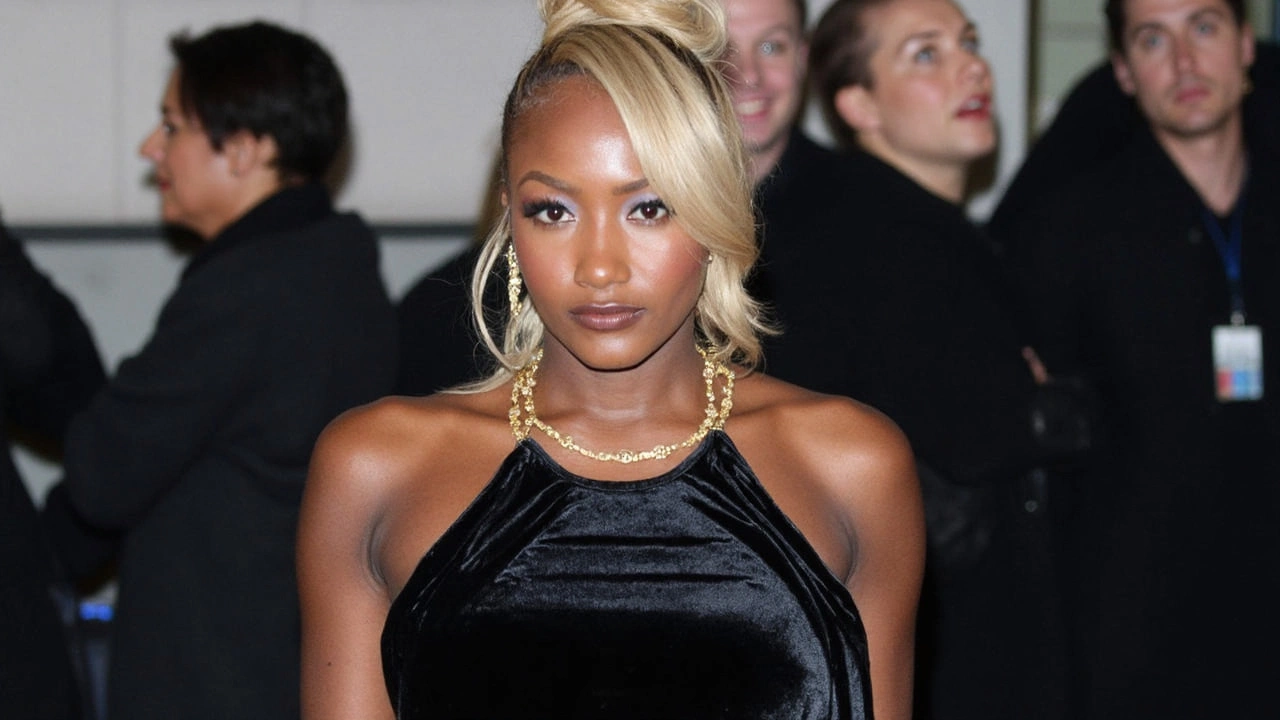Les Natifs Face Court Over Racist Banner Targeting Aya Nakamura
The clash between France’s far-right and its multicultural icons hit the courtroom in Paris this week. Thirteen Les Natifs activists showed up to answer for a nasty campaign targeting Franco-Malian pop star Aya Nakamura. The charges? Complicity in publicly inciting racial hatred after a March 2024 stunt where they unfurled a huge, inflammatory banner in the city’s center, taking direct aim at Nakamura’s roots and music.
The banner didn’t just stay on the street. Snapped and posted online, it racked up nearly 4.5 million views. Its message linked Aya to a Bamako market—referencing both her Malian birthplace and a lyric from her 2018 breakout hit “Djadja”—while not-so-subtly questioning whether she belonged in ‘their’ Paris. The post went further, slamming President Emmanuel Macron’s supposed embrace of multiculturalism and dropping a loaded reference to the “Great Replacement” theory—a white nationalist conspiracy floating around France in recent years.
The activists charged are all quite young, between 20 and 31 years old. Prosecutors have asked the court to serve prison sentences of up to four months. Les Natifs, the group they belong to, cropped up as a replacement for Génération Identitaire, another notorious far-right movement France shut down. Les Natifs thrives off edgy, anti-immigration stunts and leans heavily into the aesthetics of social media warfare, boasting 10,000 Instagram and 19,000 X (the site once known as Twitter) followers.
Past stunts have been just as provocative. The group gained attention for covering images of Muslim women at Saint-Denis Basilica with giant portraits of French heroines like Joan of Arc. Their aim has always been to make statements—loud, visual, and shareable—about who, in their minds, represents France.
Olympics, Representation, and a Wave of Hate Incidents
This isn’t just about pop music or a single singer. Aya Nakamura, now a huge figure in French culture and one of the headliners for the 2024 Paris Olympics opening ceremony, has been relentlessly targeted by far-right activists and politicians. After the Les Natifs banner incident, she shot back on social media: “You can be racist, but you’re not deaf... and that’s what really bothers you!” Her post quickly spread, echoing through fans and fueling debate over what it really means to be French in 2025.
That single incident snowballed. Nakamura and leading anti-discrimination organizations filed formal complaints, launching an investigation by France’s absolute top anti-hate crime unit, the OCLCH. Prosecutors say this type of public hate speech isn’t just ugly—it’s illegal, especially against someone in Nakamura’s position who represents France on the world stage.
The trial isn’t happening in a vacuum. France’s move to celebrate diversity at the Olympics has kicked off a wave of hate-driven cases. Other suits and convictions tied to the opening ceremony have popped up—like the conviction for those who bullied Thomas Jolly, the openly gay artistic director, and upcoming charges for harassing DJ Barbara Butch, who also played at the event. Macron himself called these attacks “shocking” and “racist”—and he’s made a point to show the world that France doesn’t stand for them.
This moment pulls back the curtain on how raw the fight over identity has become. In today’s France, the Olympians and pop stars aren’t just artists—they’re lightning rods in a national struggle over who gets to belong, who gets a voice, and what being French means right now.
